
So, according to King of Vietnamese, writing “y tri” is a misspelling. Perhaps many people agree with this conclusion. However, “y chi” and “y tri” are two different words. It is absolutely not true that “y tri” is a misspelling of “y chi”.
Will
“Will” 意志 is a compound word of Chinese origin, in which “will” 意 means “will, aspiration” (meaning 1 in the Chinese dictionary), and “will” also means “will, aspiration, aspiration”.
The Chinese dictionary explains the word “will” as “A psychological state that arises when a person decides to achieve a certain goal, often expressed through words or actions”, and the Vietnamese dictionary (Hoang Phe - Vietlex) explains it as “The ability to determine the purpose of an action and the determination to achieve that goal”. Thus, although the way of expression is different, the meaning of “will” in Chinese and Vietnamese is basically the same.
Intention
“Yizhi” 意智 is also a compound word of Chinese origin. However, “yi” 意 in “yizhi” no longer has the first meaning (“will, aspiration” as in the word “yizhi”), but has the second meaning “thought; idea; viewpoint” (original text: yiyi; kien giai - 意思;見解); and “tri” 智 here means “wisdom, understanding”. “Yizhi” represents the entire mental capacity, including “consciousness” (yi) and “wisdom” (tri).
Among the Vietnamese dictionaries we have in hand, there are 3 that collect the word "y tri", and give "y tri" and "y will" two separate entries:
- The Vietnamese General Dictionary (Dao Van Tap) explains "y tri" as "consciousness with intelligence"; and "y will" is explained as "the will to do and to succeed; often abbreviated as the will".
- Vietnamese dictionary (Le Van Duc) explains "y tri" as "consciousness and intelligence"; and "y will" as "will, the decision nurtured in the heart and the determination to make it work".
- Sino-Vietnamese dictionary (Nguyen Quoc Hung) explains "y tri" as: "Thinking and understanding; Also refers to a person who is good at thinking and is clear-headed, knowledgeable".
In Chinese, “y tri” 意智 has the same meaning as in Vietnamese. In the Chinese dictionary, the entry “y tri” 意智 explains two meanings:
1) By mind scheme; own opinion (猶心計;主見) means "like mind scheme; own opinion, cleverness".
The Great Chinese Dictionary cites examples from “The Book of the Later Han - Biography of the Immortals”: “Since the Huns were disbanded, the Xianbei were strong and occupied their old lands, claiming to have one hundred thousand soldiers, with strong financial resources and even more abundant willpower”; “Zhou Ziyu Loai”: “Gong Yan Lu only had loyalty but no willpower. When he arrived and met the envoy, he did not know they were bandits, so he knelt down twice, and only after he found out did he scold him”; “The Second Emperor of the Capital”: “The Deputy Minister lay on his pillow, absent-mindedly thinking for a while, waiting for a long time without seeing any movement, he truly had no willpower at all”.
2) Due to wisdom (猶智慧) means “like wisdom, intelligence”. The dictionary quotes the following: “Liu Bei left a will telling the Later Emperor: “You can read the Book of Han, the Book of Rites, and in your free time, read the books of philosophers and the Six Exercises, and the Book of Shang Jun, to increase your intelligence.”
In Vietnamese, the word “consciousness” is rarely used in everyday language, but appears frequently in Buddhism. For example: “Two people with opposite temperaments, such as an angry person and a person with willpower, but their actions show the same general characteristics: the angry person always looks for the mistakes of others, while the person with willpower always sees the shortcomings that make their actions not as good as they expect. The very pointless scrutiny (of the angry person), the meticulous observation (of the person with willpower) are the common characteristics of both different and opposing temperaments” (excerpt from Distinguishing Temperament - Liberation - quangduc.com). Here, “consciousness” is used to refer to a person with the capacity of consciousness + intelligence, in contrast to an angry person.
Another passage: “... when perceiving things, we use our will to interact with the six senses in harmony with the six objects to create the six consciousnesses...” (excerpt from the Essence of the Perfect Enlightenment Sutra - quangduc.com). Here, “will” is a function, an element in the process of perception.
Thus, “y tri” is synonymous with intelligence, wisdom, intelligence (used a lot in Buddhism); while “y chi” is the determination to achieve a certain goal. In Vietnamese, “y tri” is not a common word, but that does not mean that it is a misspelled word as concluded by King of Vietnamese.
Man Nong (Contributor)
Source: https://baothanhhoa.vn/y-tri-khac-y-chi-266823.htm





![[Photo] Draft documents of the 14th Party Congress reach people at the Commune Cultural Post Offices](https://vphoto.vietnam.vn/thumb/1200x675/vietnam/resource/IMAGE/2025/10/28/1761642182616_du-thao-tai-tinh-hung-yen-4070-5235-jpg.webp)
![[Photo] Flooding on the right side of the gate, entrance to Hue Citadel](https://vphoto.vietnam.vn/thumb/1200x675/vietnam/resource/IMAGE/2025/10/28/1761660788143_ndo_br_gen-h-z7165069467254-74c71c36d0cb396744b678cec80552f0-2-jpg.webp)
![[Photo] National Assembly Chairman Tran Thanh Man received a delegation of the Social Democratic Party of Germany](https://vphoto.vietnam.vn/thumb/1200x675/vietnam/resource/IMAGE/2025/10/28/1761652150406_ndo_br_cover-3345-jpg.webp)
















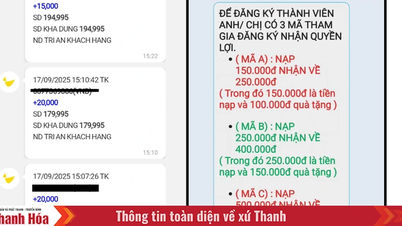




![[Photo] President Luong Cuong attends the 80th Anniversary of the Traditional Day of the Armed Forces of Military Region 3](https://vphoto.vietnam.vn/thumb/1200x675/vietnam/resource/IMAGE/2025/10/28/1761635584312_ndo_br_1-jpg.webp)











































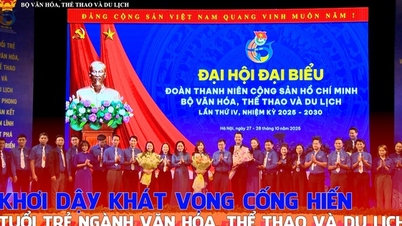

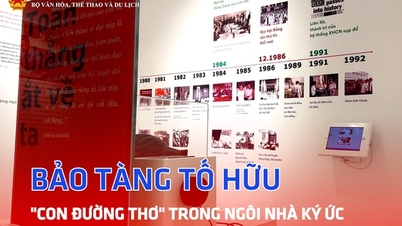


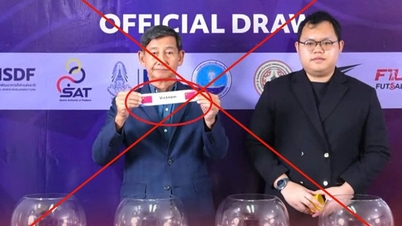






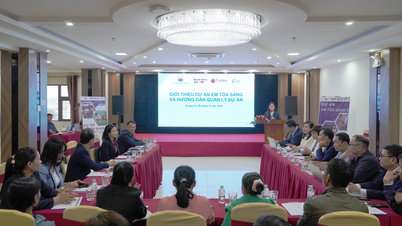



















Comment (0)